
Technology Courses List (2024).
Technology has become an integral part of our daily lives, transforming how we work, communicate, and entertain ourselves. With the rapid advancements in this field, staying updated with the latest technology is crucial. One of the best ways to do this is by taking technology courses. Whether you’re a beginner looking to start a career in tech or a professional seeking to enhance your skills, there are numerous courses available to meet your needs. This article will explore a comprehensive list of technology courses, covering various aspects of this dynamic field.
Programming and Software Development
Introduction to Programming
Programming is the foundation of all software development. Courses in this category teach the basics of coding, including syntax, control structures, data types, and algorithms. Languages such as Python, Java, and C++ are commonly covered in introductory courses. These courses are perfect for beginners and provide the essential skills needed to progress to more advanced programming topics.
Once you’ve mastered the basics, it’s time to delve into more complex programming concepts. Advanced courses cover topics like object-oriented programming, data structures, algorithms, and design patterns. These courses help you develop efficient, scalable, and maintainable code, which is crucial for any professional software developer.

Software Development Methodologies
Understanding software development methodologies is vital for successful project completion. Courses in this area cover methodologies such as Agile, Scrum, and Waterfall. They teach you how to manage projects, collaborate with teams, and deliver high-quality software products.
With the proliferation of smartphones, mobile app development has become a highly sought-after skill. Courses in this category teach you how to develop applications for Android and iOS platforms using tools like React Native, Flutter, and Swift. You’ll learn how to create user-friendly interfaces, integrate APIs, and publish apps on app stores.
Web Development
Front-End Development
Front-end development focuses on creating the visual and interactive aspects of websites. Courses in this category cover HTML, CSS, JavaScript, and popular frameworks like React, Angular, and Vue.js. You’ll learn how to build responsive and accessible web pages that provide a seamless user experience.
Back-End Development
Back-end development involves creating the server-side logic that powers web applications. Courses in this area cover server languages like Node.js, Python, Ruby, and PHP, along with databases such as MySQL, PostgreSQL, and MongoDB. You’ll learn how to build robust and secure server-side applications.
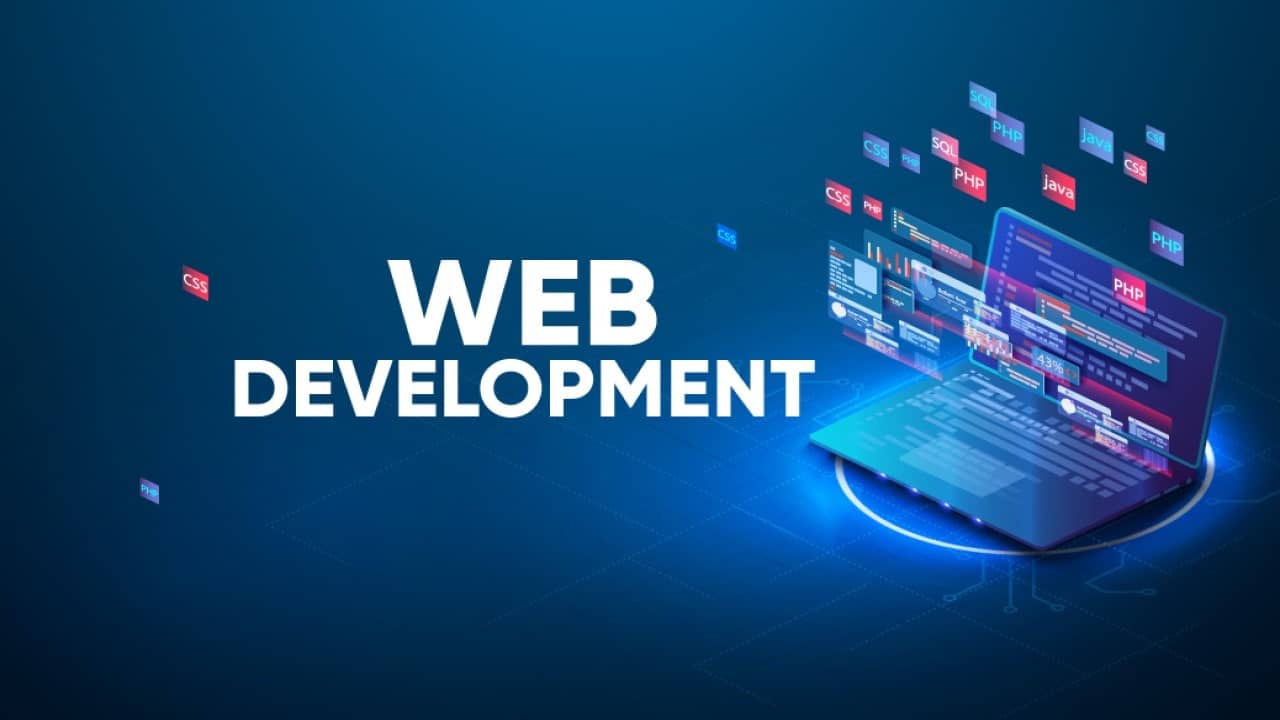
Full-stack development combines both front-end and back-end skills. Full-stack courses teach you how to build complete web applications from scratch, covering everything from user interface design to server-side logic and database management. These courses are ideal for those looking to become versatile developers.
Web Development Frameworks
Web development frameworks streamline the development process by providing reusable components and tools. Courses in this category cover popular frameworks like Django, Rails, and Laravel. You’ll learn how to use these frameworks to build scalable and maintainable web applications efficiently.
Data Science and Analytics
Introduction to Data Science
Data science is the field of extracting insights and knowledge from data. Introductory courses cover the basics of data collection, cleaning, and analysis. You’ll learn how to use tools like Python, R, and SQL to work with data and gain valuable insights.
Machine learning and artificial intelligence are at the forefront of technological innovation. Courses in this category teach you how to build and deploy machine learning models using libraries like TensorFlow, Keras, and sci-kit-learn. You’ll learn about supervised and unsupervised learning, neural networks, and deep learning.

Big Data Technologies
Handling and analyzing large datasets require specialized tools and techniques. Big data courses cover technologies like Hadoop, Spark, and NoSQL databases. You’ll learn how to process and analyze massive amounts of data efficiently.
Data visualization is crucial for communicating insights effectively. Courses in this area cover tools like Tableau, Power BI, and D3.js. You’ll learn how to create compelling visualizations that make data understandable and actionable.
Cybersecurity
Basics of Cybersecurity
With the increasing number of cyber threats, understanding the basics of cybersecurity is essential. Introductory courses cover topics like malware, phishing, and network security. You’ll learn how to protect systems and data from cyber-attacks.
Network Security
Network security focuses on protecting computer networks from intrusions and attacks. Courses in this category cover firewalls, VPNs, intrusion detection systems, and secure network design. You’ll learn how to safeguard networks against various threats.

Ethical Hacking and Penetration Testing
Ethical hacking involves finding and fixing security vulnerabilities before malicious hackers can exploit them. Courses in this area teach you how to conduct penetration testing, identify security flaws, and implement corrective measures.
Cybersecurity Management
Cybersecurity management involves developing and implementing security policies and procedures. Courses in this category cover risk management, compliance, and incident response. You’ll learn how to create and maintain a secure organizational environment.
Cloud Computing
Introduction to Cloud Computing
Cloud computing has revolutionized how businesses operate. Introductory courses cover the basics of cloud services and deployment models. You’ll learn about cloud providers like AWS, Azure, and Google Cloud, and how to leverage their services.
Cloud Service Models (IaaS, PaaS, SaaS)
Understanding different cloud service models is crucial for utilizing cloud computing effectively. Courses in this category cover Infrastructure as a Service (IaaS), Platform as a Service (PaaS), and Software as a Service (SaaS). You’ll learn how to choose the right model for your needs.

Cloud Security
Security is a major concern in cloud computing. Courses in this area cover cloud security best practices, identity and access management, and data protection. You’ll learn how to secure cloud environments and comply with industry standards.
Cloud Deployment Models
Cloud deployment models determine how cloud resources are deployed and managed. Courses in this category cover public, private, and hybrid cloud models. You’ll learn how to choose the right deployment model and manage cloud resources effectively.
Networking
Fundamentals of Networking
Networking is the backbone of modern communication systems. Introductory courses cover basic networking concepts, including network topologies, protocols, and devices. You’ll learn how to set up and manage networks.
Advanced Networking Concepts
Advanced networking courses delve deeper into topics like routing, switching, and network troubleshooting. You’ll learn how to design and manage complex networks and ensure optimal performance.
Network Management

Network management involves monitoring and maintaining network infrastructure. Courses in this area cover network monitoring tools, configuration management, and network automation. You’ll learn how to keep networks running smoothly.
Wireless Networks
Wireless networking is essential for
modern connectivity. Courses in this category cover wireless communication standards, Wi-Fi technologies, and network security. You’ll learn how to design, deploy, and secure wireless networks for various applications.
Artificial Intelligence and Machine Learning
Basics of AI and ML
Artificial Intelligence (AI) and Machine Learning (ML) are revolutionizing various industries. Introductory courses cover the fundamental concepts of AI and ML, including algorithms, neural networks, and data processing techniques. You’ll learn how to develop simple AI applications and understand the principles behind intelligent systems.
Deep Learning
Deep learning is a subset of machine learning that focuses on neural networks with many layers. Courses in this area cover topics like convolutional neural networks (CNNs), recurrent neural networks (RNNs), and deep reinforcement learning. You’ll learn how to build and train deep learning models for complex tasks such as image recognition and natural language processing.

Natural Language Processing
Natural Language Processing (NLP) enables machines to understand and respond to human language. Courses in this category cover NLP techniques, including text analysis, sentiment analysis, and language generation. You’ll learn how to build NLP applications using libraries like NLTK, spaCy, and GPT.
AI in Industry
AI applications are transforming industries like healthcare, finance, and manufacturing. Courses in this area explore how AI is applied in various sectors, providing real-world examples and case studies. You’ll learn how to leverage AI technologies to solve industry-specific problems and innovate within your field.
Internet of Things (IoT)
Introduction to IoT
The Internet of Things (IoT) connects everyday devices to the Internet, enabling them to collect and share data. Introductory courses cover the basics of IoT, including sensors, connectivity, and data processing. You’ll learn how to build IoT systems and understand the potential of this technology.
IoT Devices and Sensors
IoT devices and sensors are the building blocks of IoT systems. Courses in this category cover various types of sensors, communication protocols, and hardware platforms. You’ll learn how to select and integrate sensors into IoT solutions.

IoT Applications
IoT has diverse applications, from smart homes to industrial automation. Courses in this area explore different IoT use cases, demonstrating how IoT technologies are applied in various domains. You’ll learn how to design and deploy IoT applications for different scenarios.
IoT Security
Security is a critical concern in IoT due to the large number of connected devices. Courses in this category cover IoT security challenges and best practices. You’ll learn how to secure IoT systems against threats and ensure data privacy and integrity.
Blockchain Technology
Basics of Blockchain
Blockchain is a decentralized ledger technology that underpins cryptocurrencies and other applications. Introductory courses cover the principles of blockchain, including cryptographic hashing, consensus mechanisms, and smart contracts. You’ll learn how blockchain works and its potential applications.
Blockchain Development
Blockchain development involves creating decentralized applications (DApps) and smart contracts. Courses in this area cover blockchain platforms like Ethereum and Hyperledger, along with development tools and languages such as Solidity. You’ll learn how to build and deploy blockchain solutions.
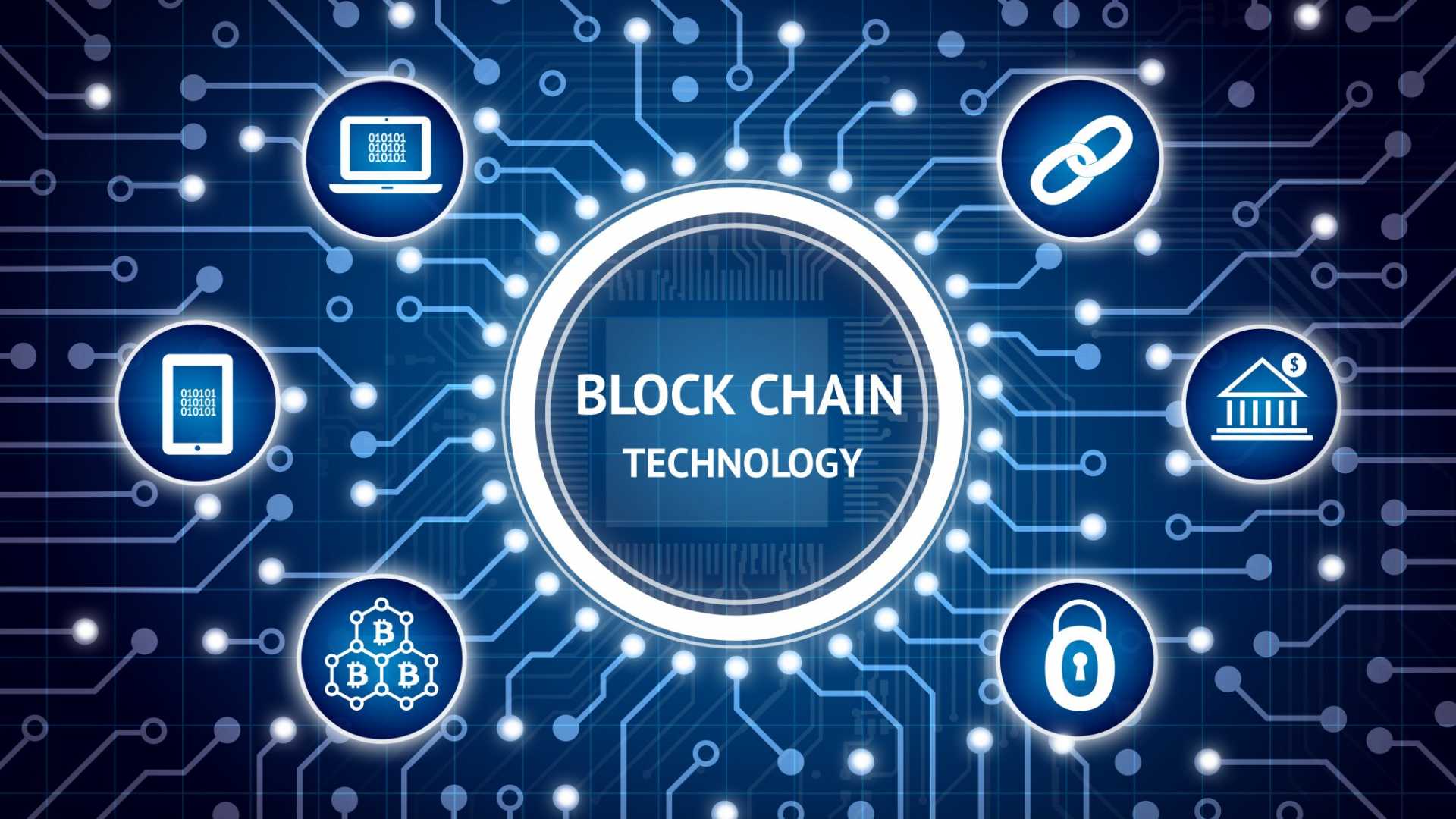
Cryptocurrency and Blockchain
Cryptocurrencies like Bitcoin and Ethereum are based on blockchain technology. Courses in this category cover the fundamentals of cryptocurrencies, including mining, transactions, and wallets. You’ll learn how to use and invest in cryptocurrencies and understand their impact on the financial industry.
Blockchain Use Cases
Blockchain has numerous use cases beyond cryptocurrencies. Courses in this area explore how blockchain is applied in supply chain management, healthcare, voting systems, and more. You’ll learn how to identify opportunities for blockchain adoption and implement blockchain solutions.
Virtual and Augmented Reality
Introduction to VR and AR
Virtual Reality (VR) and Augmented Reality (AR) are immersive technologies that create interactive experiences. Introductory courses cover the basics of VR and AR, including hardware, software, and user interfaces. You’ll learn how to develop VR and AR applications and understand their potential uses.
VR/AR Development Tools
Developing VR and AR applications requires specialized tools and platforms. Courses in this category cover development environments like Unity and Unreal Engine, along with design tools like Blender and SketchUp. You’ll learn how to create immersive VR and AR experiences.

Applications of VR and AR
VR and AR have applications in gaming, education, training, and more. Courses in this area explore various VR and AR use cases, providing practical examples and project-based learning. You’ll learn how to apply VR and AR technologies in different domains.
Future of VR and AR
The future of VR and AR holds exciting possibilities. Courses in this category cover emerging trends and technologies in the VR and AR space. You’ll learn about the latest advancements and how they will shape the future of immersive experiences.
Robotics
Fundamentals of Robotics
Robotics involves designing, building, and programming robots to perform tasks. Introductory courses cover the basics of robotics, including mechanical design, electronics, and programming. You’ll learn how to build and control simple robots.
Robotics Programming
Programming is a key aspect of robotics. Courses in this area cover programming languages and frameworks used in robotics, such as ROS (Robot Operating System), Python, and C++. You’ll learn how to write software that controls robotic systems.
Industrial Robotics
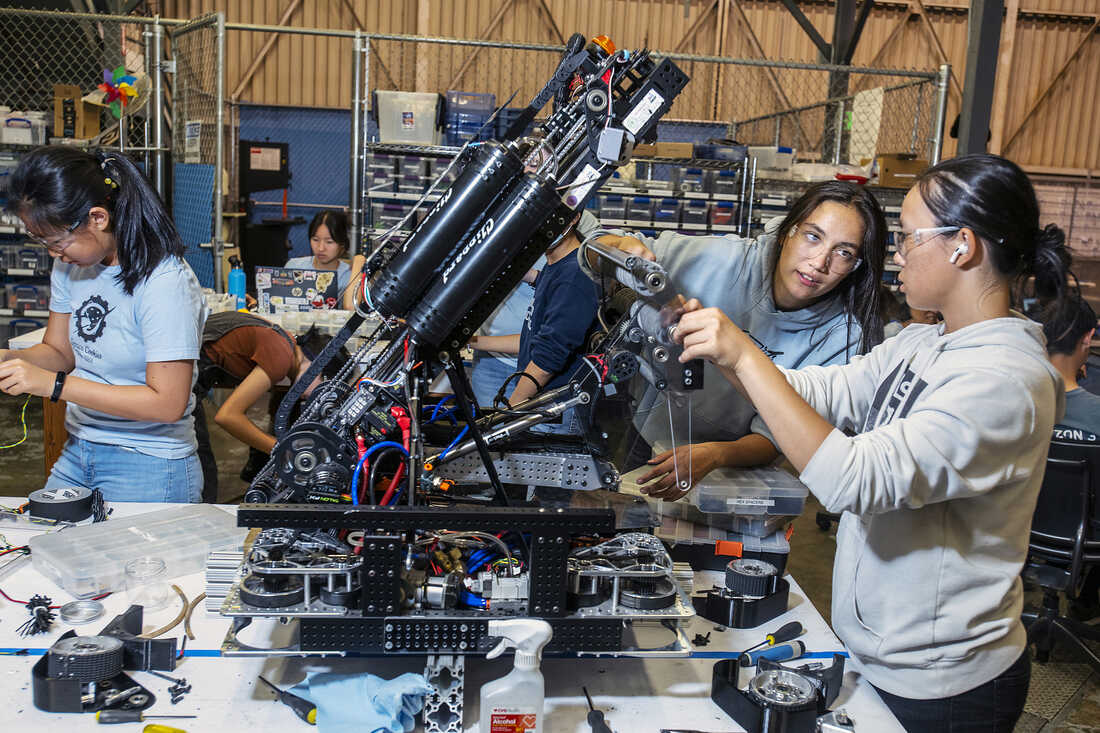
Industrial robots are used in manufacturing and other industries to automate tasks. Courses in this category cover the types of industrial robots, their applications, and programming. You’ll learn how to work with industrial robots and integrate them into production processes.
Robotics in Healthcare
Robotics is making significant inroads in healthcare. Courses in this area explore the use of robots in surgery, rehabilitation, and patient care. You’ll learn how robotics is transforming healthcare and improving patient outcomes.
Digital Marketing
Basics of Digital Marketing
Digital marketing encompasses various strategies to promote products and services online. Introductory courses cover the fundamentals of digital marketing, including SEO, content marketing, and social media marketing. You’ll learn how to create effective digital marketing campaigns.
Search Engine Optimization (SEO) and Search Engine Marketing (SEM) are crucial for online visibility. Courses in this category cover SEO techniques to improve website ranking and SEM strategies for paid advertising. You’ll learn how to drive traffic to your website and increase conversions.
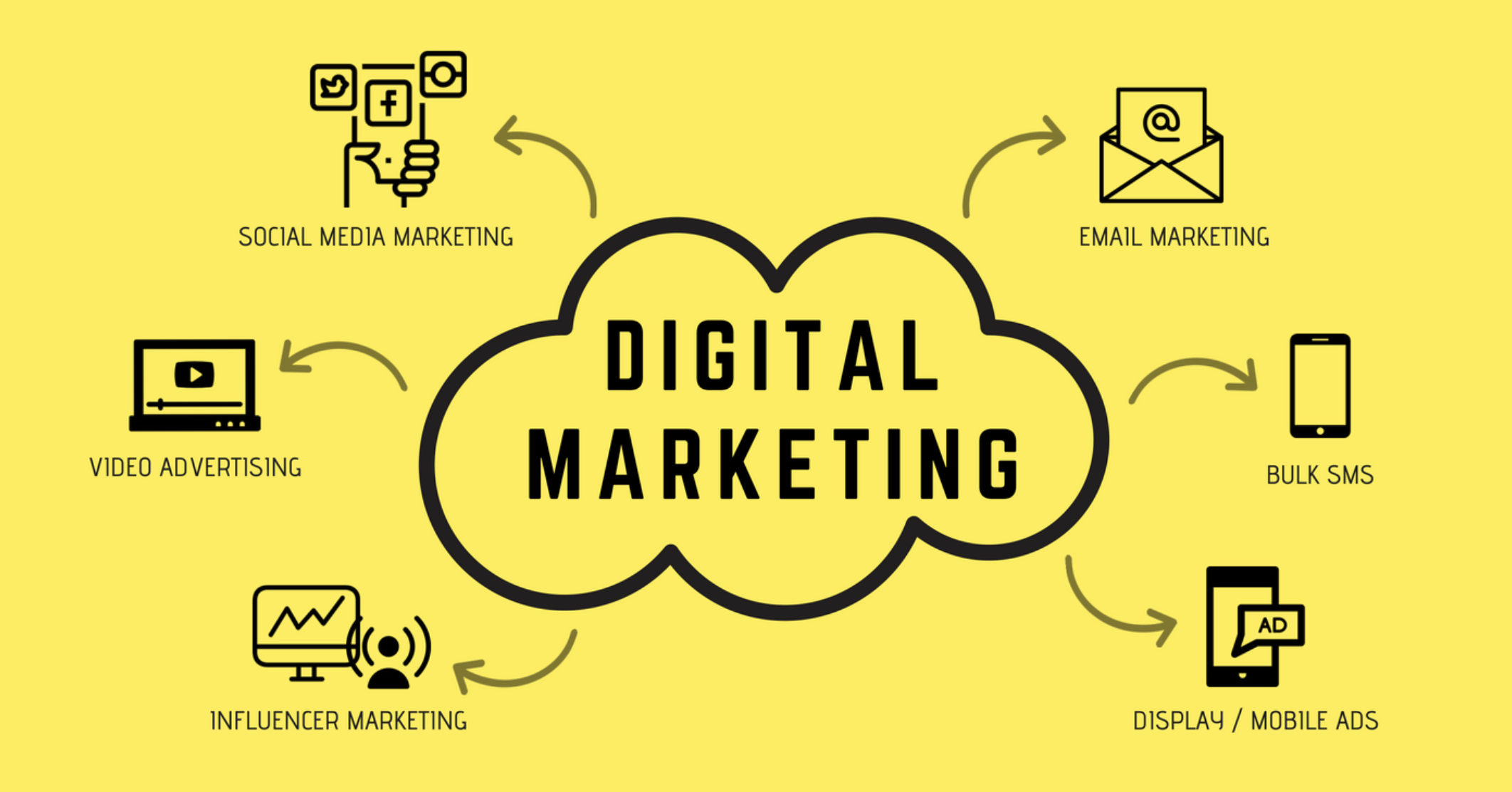
Social Media Marketing
Social media platforms are powerful tools for marketing. Courses in this area cover strategies for promoting brands on platforms like Facebook, Instagram, Twitter, and LinkedIn. You’ll learn how to create engaging content and run successful social media campaigns.
Content Marketing
Content marketing focuses on creating valuable content to attract and retain customers. Courses in this category cover content creation, distribution, and strategy. You’ll learn how to develop content that resonates with your audience and drives business goals.
Project Management
Introduction to Project Management
Project management involves planning, executing, and closing projects successfully. Introductory courses cover the basics of project management, including project lifecycle, planning, and execution. You’ll learn how to manage projects efficiently and effectively.
Agile and Scrum Methodologies
Agile and Scrum are popular project management methodologies used in software development and other fields. Courses in this category cover the principles of Agile and Scrum, including roles, ceremonies, and artifacts. You’ll learn how to implement these methodologies to improve project outcomes.
Project management tools help manage tasks, resources, and timelines. Courses in this area cover tools like Microsoft Project, Trello, and Jira. You’ll learn how to use these tools to streamline project management processes.
Case Studies in Project Management
Learning from real-world examples is invaluable. Courses in this category cover case studies of successful and unsuccessful projects. You’ll learn how to apply project management principles and avoid common pitfalls.
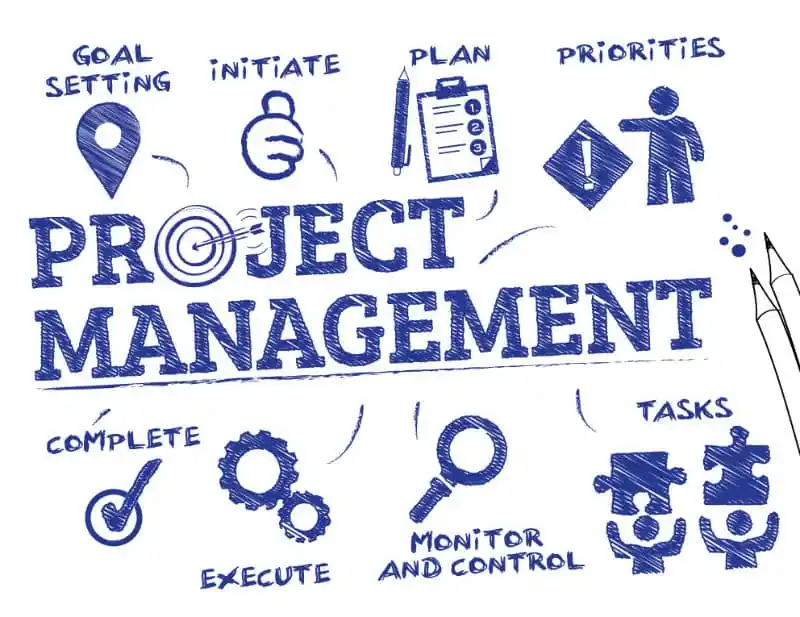
Technology courses are essential for anyone looking to stay competitive in today’s fast-paced digital world. Whether you’re interested in programming, web development, data science, cybersecurity, or any other tech field, there are courses available to help you achieve your goals. By continually updating your skills and knowledge, you can stay ahead of the curve and make a significant impact in your career.
FAQs
1. What is the best technology course for beginners?
For beginners, introductory courses in programming, such as Python or HTML/CSS, are excellent starting points. These courses provide a strong foundation and are widely applicable across various tech fields.
2. How can I start a career in technology?
To start a career in technology, begin by identifying your area of interest. Take relevant courses, gain hands-on experience through projects or internships, and stay updated with industry trends. Networking and joining tech communities can also provide valuable opportunities.
3. Are online technology courses effective?
Yes, online technology courses are highly effective and offer flexibility for learners. Many reputable platforms provide comprehensive and interactive courses, often with certificates that employers recognize.
4. What are the prerequisites for advanced technology courses?
Prerequisites for advanced technology courses typically include a solid understanding of basic concepts in the relevant field. For example, advanced programming courses may require knowledge of basic programming languages and algorithms.
5. How do I stay updated with the latest technology trends?
To stay updated with the latest technology trends, follow industry blogs, attend webinars and conferences, join professional networks, and continually take courses to refresh and expand your knowledge.








